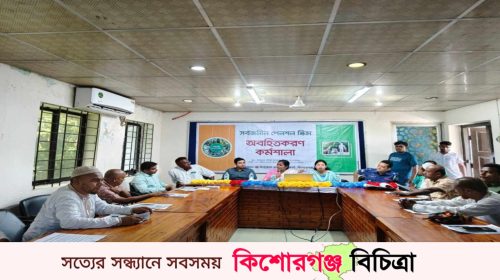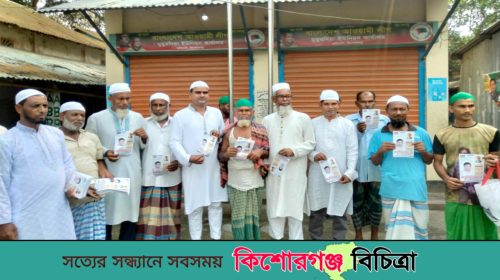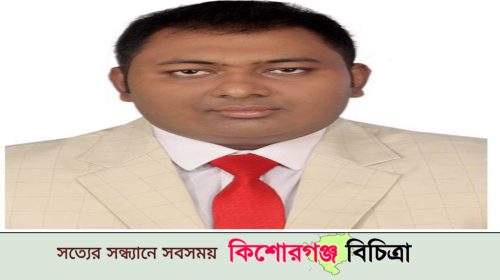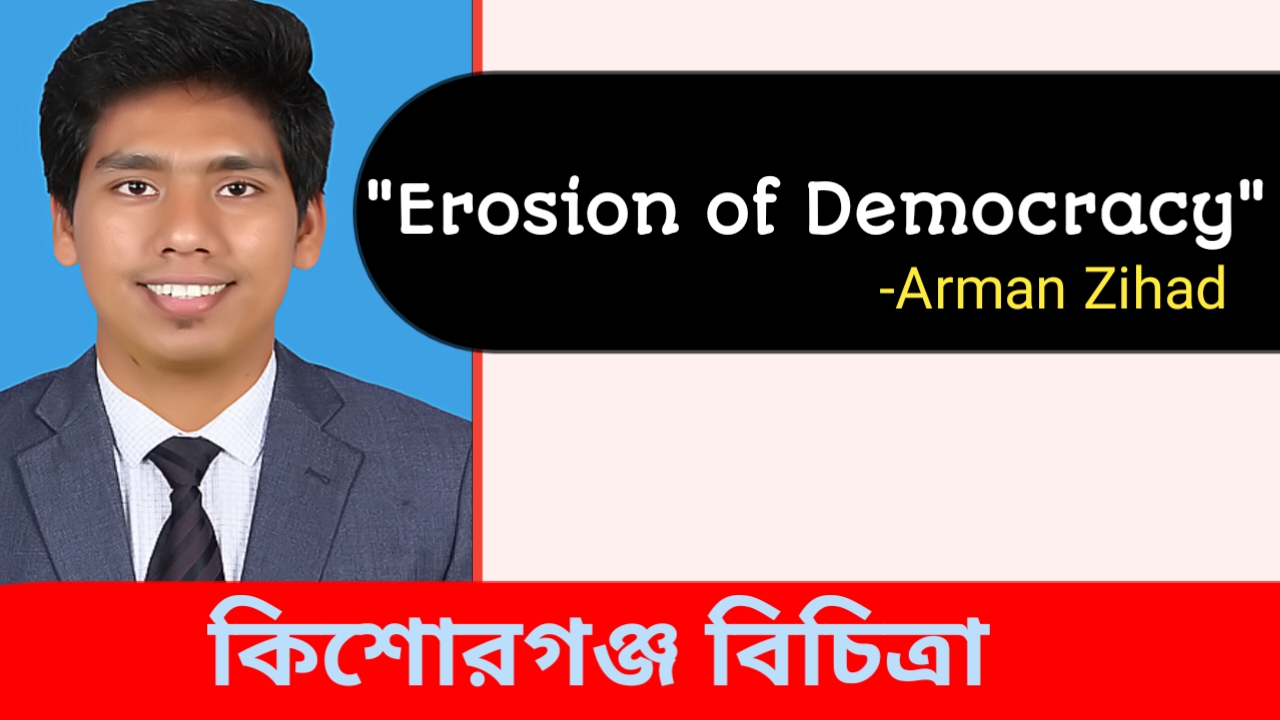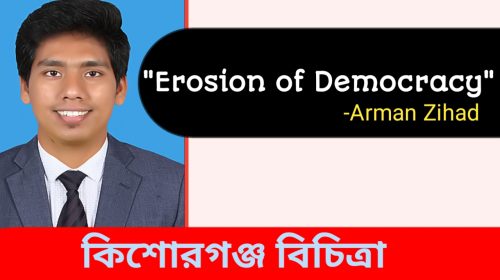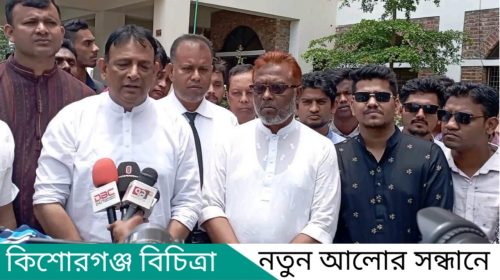Democracy, a system designed to empower citizens through representation and participation, can face significant threats when a government remains in power for an extended period. Over time, the initial ideals of a responsive and accountable administration can be eroded, leading to a degradation of democratic principles.
One way prolonged government tenure undermines democracy is through the consolidation of power. Lengthy stays in office provide ample opportunities to centralize authority, weakening checks and balances meant to ensure fair governance. This concentration of power can stifle dissent, hinder opposition, and limit the effectiveness of democratic institutions.
Another critical aspect is the potential for corruption to fester. With prolonged rule, th{h!hkk({k?(l risk of cronyism and favoritism increases, as those in power may prioritize personal allegiances over meritocracy. This not only compromises the integrity of democratic processes but also undermines public trust in the system.
Moreover, extended government tenures often witness the entrenchment of political dynasties, where power is passed down within a select few. This perpetuates a sense of entitlement, sidelining fresh perspectives and hindering social progress.
To counteract the erosion of democracy, it is crucial to advocate for term limits, foster transparency, and encourage a vibrant political landscape that welcomes diverse voices. The vitality of a democracy hinges on its ability to evolve and respond to the changing needs of society, making it imperative to address the challenges posed by prolonged government rule.
Writer: Arman Zihad
Poet and Columnist



